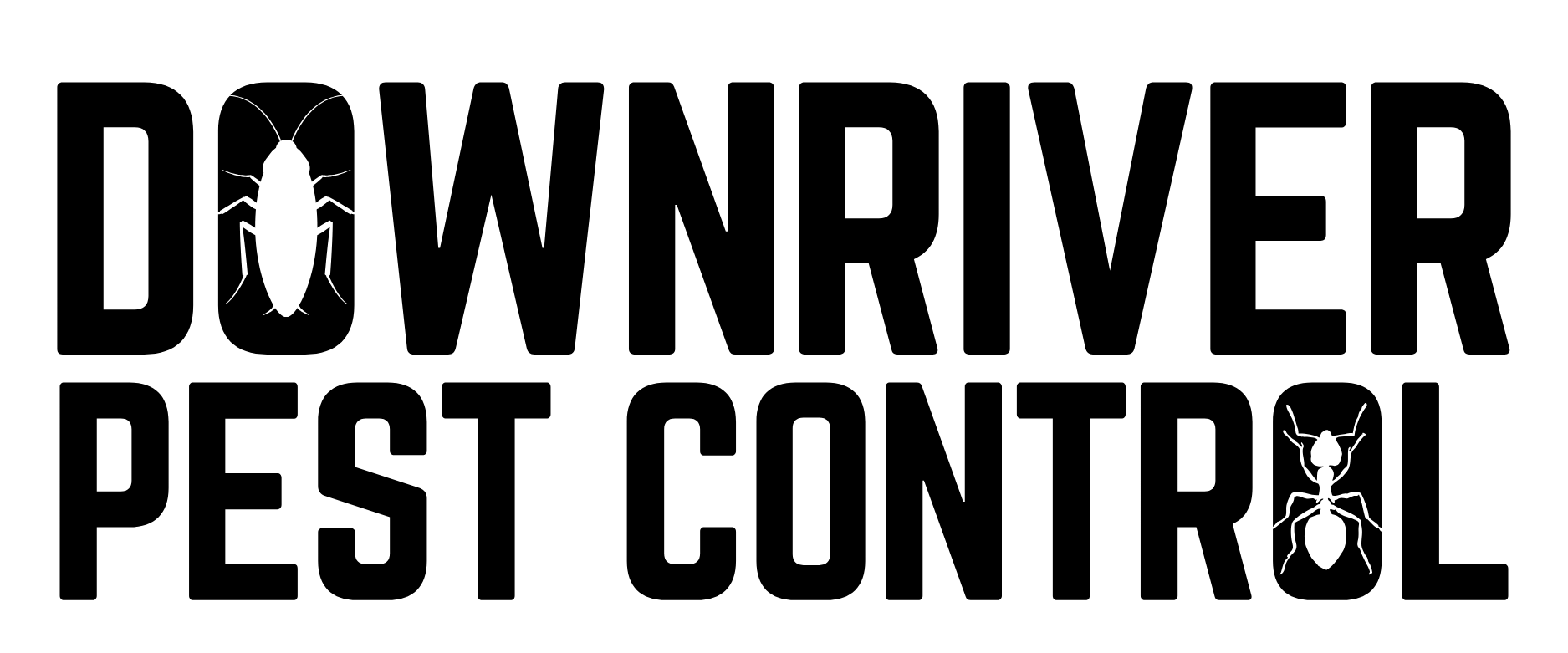
Opossums
Contact Us
We will get back to you as soon as possible.
Please try again later.
Facts About Opossums
- Unique Marsupials: Opossums are the only marsupials native to North America. Marsupials are mammals that carry and nurse their young in pouches, like kangaroos and koalas.
- Variety of Species: There are over 100 species of opossums, but the Virginia opossum is the most well-known and the only one found in the United States and Canada.
- Nocturnal Creatures: Opossums are primarily nocturnal animals, which means they are most active at night.
- Solitary Lifestyle: They are generally solitary animals, preferring to live alone except during the breeding season.
- Play Dead: Opossums are famous for their "playing dead" or "playing possum" behavior. When threatened or frightened, they may fall limp, excrete a foul-smelling liquid, and even open their mouths and hang out their tongues to make predators think they are dead. This is an involuntary response.
- Excellent Climbers: Opossums are skilled climbers and are known to take refuge in trees. They have prehensile tails that help them grasp branches.
- Nomadic Behavior: Opossums are often nomadic, roaming around in search of food and shelter. They do not have permanent nests.
- Varied Diet: They are opportunistic omnivores, which means they eat a wide range of foods, including insects, small animals, fruits, vegetables, and even carrion.
- Short Lifespan: Opossums have a relatively short lifespan, typically living only around 2 to 4 years in the wild due to predation and environmental hazards.
- High Reproductive Rate: They have a high reproductive rate compared to other mammals. Female opossums give birth to relatively undeveloped young, which then continue to develop outside the womb in their mother's pouch.
- Immune to Some Toxins: Opossums are resistant to venomous snake bites, and they often eat venomous snakes without any harm.
- Low Body Temperature: Opossums have a lower body temperature compared to most other mammals, which makes them less susceptible to certain diseases, including rabies.
- Diverse Vocalizations: They are capable of making a variety of vocalizations, including hisses, growls, and clicks, to communicate with each other.
- Beneficial for Pest Control: Opossums help control insect and rodent populations, making them beneficial to farmers and gardeners.
- Prey for Predators: Opossums are prey for many predators, including owls, hawks, coyotes, foxes, and domestic dogs and cats.
- Tail Regeneration: If an opossum loses its tail due to injury or predation, it can regenerate a new one.
- North American Distribution: They are primarily found in North and Central America, from southern Canada to northern Costa Rica.
These facts showcase the unique and intriguing characteristics of opossums, which are often misunderstood but play important roles in their ecosystems.
How To Prevent Opossums
Preventing opossums from entering your property typically involves a combination of strategies to deter them and make your environment less appealing to these creatures. Opossums are opportunistic scavengers, so you'll want to focus on limiting their access to food, shelter, and water. Here are some ways to prevent opossums:
- Secure Trash Bins:
- Use tight-fitting lids on trash cans.
- Store trash cans in a garage or shed if possible.
- Remove Food Sources:
- Avoid leaving pet food outside overnight.
- Clean up fallen fruits and nuts from trees.
- Remove bird feeders or bring them inside at night.
- Don't leave food scraps or crumbs around the yard.
- Seal Access Points:
- Close gaps in fences and walls.
- Use hardware cloth or mesh to cover openings.
- Check for openings under decks, sheds, and crawl spaces.
- Install Motion-Activated Lights:
- Opossums are nocturnal, and bright lights can deter them.
- Use Repellents:
- Apply opossum-specific repellents around the perimeter.
- Ammonia-soaked rags or predator urine can also deter them.
- Maintain a Clean Yard:
- Keep the yard free of debris, clutter, and hiding spots.
- Trim bushes and shrubs to reduce hiding places.
- Eliminate Water Sources:
- Fix leaky faucets and pipes.
- Ensure birdbaths are emptied at night.
- Keep Pets Indoors:
- Opossums may be attracted to pet food and water bowls.
- Use Traps:
- Live traps can be used to capture and relocate opossums (check local regulations).
- Consult with a professional for safe and humane trapping methods.
- Modify Landscaping:
- Place gravel or rocks around the perimeter to discourage digging.
- Install electric fencing as a deterrent.
- Consider Natural Predators:
- Encourage natural predators like owls and hawks to inhabit your area.
- Secure Compost Bins:
- Opossums are attracted to food scraps in compost.
- Educate Neighbors:
- Share opossum prevention tips with neighbors to create a unified approach.
Remember that opossums are generally not aggressive and can be beneficial by eating insects, rodents, and ticks. If you encounter an opossum on your property, try to peacefully coexist with these creatures rather than resorting to harmful methods.
Always check local wildlife regulations before attempting to trap or relocate opossums, as laws vary by region. If you're unsure how to deal with opossums, consider consulting with a wildlife control professional for guidance.
BROWSE OUR WEBSITE
Phone: (313) 381-1877
Email: downriverpestcontrol@gmail.com
Proudly Serving all of Wayne, Oakland and Washtenaw Counties
Hours of Operation:
- Mon - Fri
- -
- Saturday
- Appointment Only
- Sunday
- Closed

